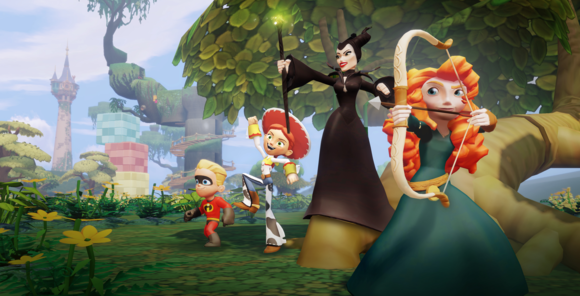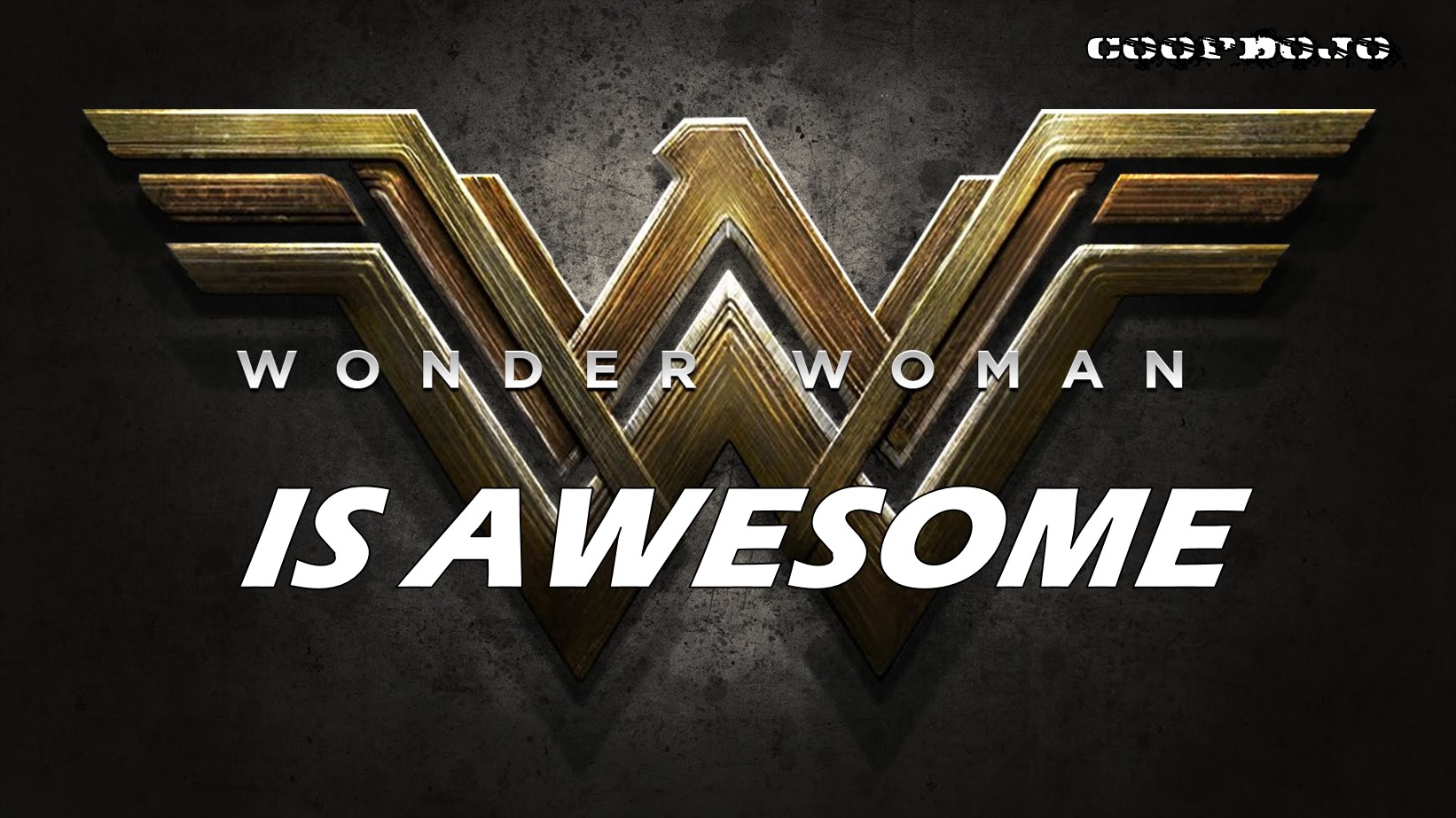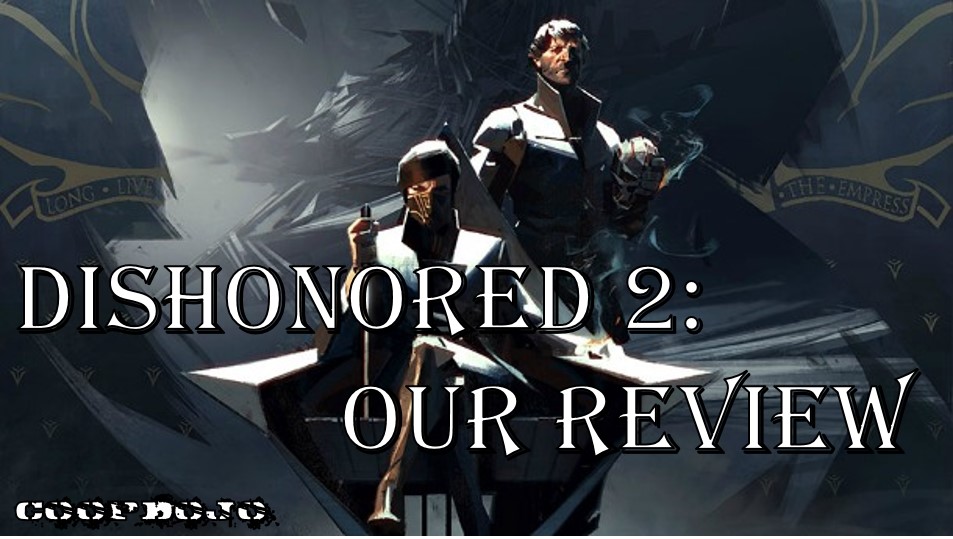
Why Disney Ended Infinity
Like everybody else, we were surprised last week to hear that Disney was bowing out of creating new video games. We remembered Epic Mickey 2, which premiered just a few years ago (though you could be forgiven for thinking 3-D platformer was a late-90’s title) which had an ambitious premise, interesting universe, and one of the the most recognizable protagonists possible, but delivered unimaginative gameplay and a deeply disappointing experience. We thought Disney had turned things around with the open-world, toys-to-life sandbox experience Disney Infinity. We never played Disney Infinity, but we couldn’t ignore the increasing presence of the Infinity figures as evidence of the game’s excellence. Given a successful title, the fact that Infinity is the leader of the ever-increasing toys-to-life games, and an endless and expanding variety of characters to pull from, what went wrong?

I like this Disney version of arcade classic Gauntlet.
Before Infinity, Disney struggled for years to produce quality games, perhaps culminating in the disappointing Epic Mickey series. The shift to toys-to-life games seemed like a natural evolution for the series, particularly after super cool open world “toy box” mode included in Toy Story 3. Toys-to-life games, games in which players purchased toys that unlocked additional in-game levels and characters, has been an expanding franchise for years before leveling off in 2014. Activision’s Skylanders has been leading this charge for some years and Lego just entered the market last year with Lego Dimensions (which we loved). Disney Infinity, with a huge roster of Disney characters ranging from Marvel heroes to Star Wars to Muppets to Pixar, had endless potential to provide gamers with the opportunity to play with characters they couldn’t enjoy elsewhere. And, to be clear, Disney Infinity was a critical and commercial success.

Disney Infinity promised us that Incredible Hulk Vs. Goofy battle we’ve been waiting for all these years.
Despite its success, letting go of creatings games may make some sense given the sheer amount of money they can make with licensing characters. Disney continues to make really great characters – their recent Zootopia movies was a surprisingly good movie and weirdly sophisticated commentary on race-relations. In addition to that is the fact that Disney CEO Bob Iger never seemed too enamored with Disney Interactive and voiced a preference for the all-licensing model unless Disney Interactive was overwhelming profitable. To be clear, Disney Infinity was profitable, but it wasn’t a mega-hit like other titles and had barely started to offset the financial hole that Disney Interactive had dug by the time the game’s debut. If Disney Infinity had been a Grand Theft Auto (or even Star Wars Battlefront) size hit, then the story might be different. But given the uncertainty Disney is facing in other places, it must be very attractive to make a lot of money simply by licensing characters.

Captain Jack Sparrow can’t be stopped. No matter how ridiculous or unoriginal his movies get, he’ll always be back!
Does this mean the end of toys-to-life model for games? We don’t think so; Activision is still making money with Skylanders and Lego just started its Lego Dimensions series. We can’t speak to Skylanders, but Lego Dimensions is a smart, fun title that appealed to gamers with titles we’d always wanted to see, like a third Portal title or a Doctor Who game. Heck, Lego is almost the opposite of Disney; they know how to take other franchises’ famous characters and build a fun, accessible game around them. Lego also has the advantage of including Lego sets in their expansions, so if younger gamers get done with the game they also have Lego sets to build. Lego has already done more with the Star Wars and Pirates of the Caribbean franchises than Disney has been able to do and they’d be a natural partner for Disney going forward.

We didn’t anticipate a big audience of people clamoring for a Dr. Who/ Lord of the Rings/Batman/Ninjago crossover, but Lego Dimensions proved us wrong.
Becoming a company that focuses on simply licensing out their enormous stable of popular characters makes a lot of sense for a company like Disney that has struggled to find a hit for so many years. That got us thinking about Nintendo, which is also a company with a large number of characters kids love that has struggled to produce a decent game in recent years. Could Nintendo also make more money simply by licensing its legion of beloved Nintendo characters? Might we see a Lego: Nintendo Heroes series sometime in the future? As doubtful as it is we are still kinda hopeful, as it is probably our best and perhaps only hope for getting a decent Mario, Zelda, or Metroid title anytime soon.


